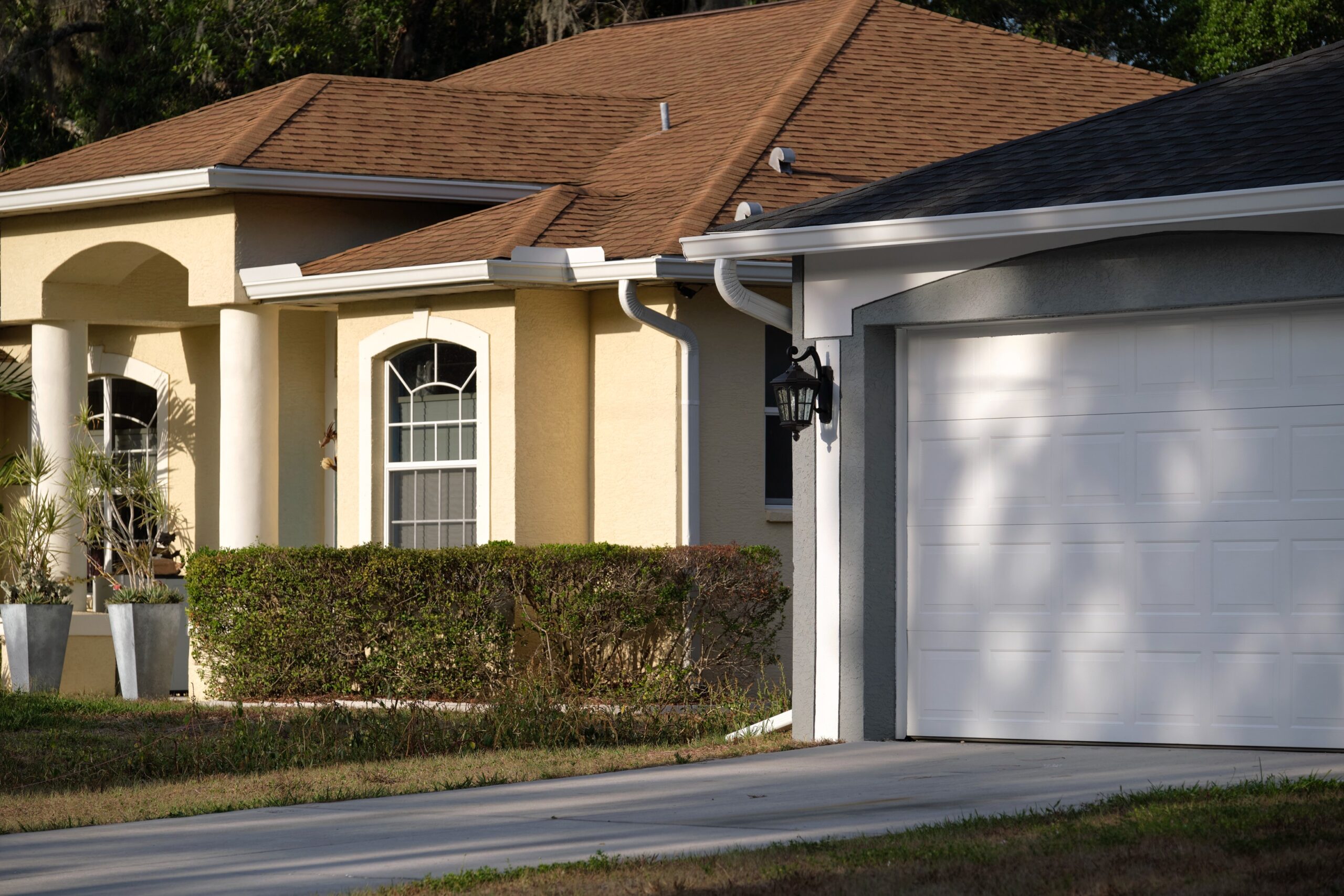Activities to happen in such a process can depend on your cause, the effect of…
How to Handle Maintenance and Repairs in Florida Rental Properties – Guest Post

As a landlord, maintaining and repairing your rental property is crucial to providing a safe and comfortable living environment for your tenants. However, navigating the maintenance and repair process can be a challenge, particularly for landlords who are new to the industry or operating in a new state. In Florida, there are specific laws and regulations that landlords must follow regarding maintenance and repairs. In this blog post, we’ll explore how to handle maintenance and repairs in Florida rental properties, including understanding your responsibilities as a landlord, establishing a maintenance and repair plan, and dealing with emergency repairs. Whether you’re a seasoned landlord or just starting out, this guide will provide you with the information and tools you need to ensure that your rental property remains in good condition and that your tenants are happy and satisfied with their living environment.
Understanding Your Responsibilities as a Landlord
As a landlord in Florida, it’s important to understand your legal responsibilities in order to provide a safe and comfortable living environment for your tenants. First and foremost, landlords must comply with all applicable housing laws and regulations, including federal, state, and local laws.
Landlords are responsible for maintaining the property’s structure and ensuring that all essential utilities are in good working order. Additionally, landlords must ensure that the property complies with all applicable building codes and safety regulations.
Florida rental law also requires landlords to provide tenants with working smoke detectors and carbon monoxide detectors. Landlords are responsible for installing and maintaining these devices in each unit, and they must test the devices annually to ensure that they are functioning properly.
Landlords must also ensure that their properties are free from health and safety hazards, such as mold or lead paint. If a hazard is identified, landlords must take steps to remediate the issue promptly and effectively.
In addition to these legal responsibilities, landlords must also maintain open lines of communication with their tenants and respond promptly to any concerns or complaints. By understanding and fulfilling their responsibilities as landlords, property owners can ensure that their tenants have a safe and comfortable living environment while protecting their own legal interests.
Establishing a Maintenance and Repair Plan
To ensure that your rental property remains in good condition, it’s important to establish a maintenance and repair plan. This plan should outline the types of maintenance and repairs that need to be performed, how often they should be performed, and who is responsible for performing them. Some examples of routine maintenance tasks include landscaping, cleaning gutters, changing air filters, and inspecting smoke detectors.
It’s important to schedule regular inspections of your rental property to identify any maintenance issues or potential repairs that need to be made. By identifying and addressing these issues early on, you can prevent them from becoming more serious and costly repairs down the line.
Dealing with Emergency Repairs
Even with regular maintenance, emergencies can happen at any time. When dealing with emergency repairs, it’s important to prioritize the safety and well-being of your tenants. Examples of emergency repairs may include a burst pipe, gas leak, or electrical issue.
In Florida, landlords are required to address emergency repairs promptly. If a repair is urgent and could cause harm to the tenant or the property, landlords must address the issue within 24 hours. If the repair is less urgent but still needs to be addressed quickly, landlords must address the issue within seven days.
When handling emergency repairs, it’s important to keep open lines of communication with your tenants. Be sure to provide them with emergency contact information and instructions on what to do in the event of an emergency. Additionally, be sure to document all emergency repairs and the actions taken to address them.
Conclusion
Handling maintenance and repairs in Florida rental properties requires proactive planning, careful attention to detail, and a commitment to providing safe and comfortable living environments for your tenants. By understanding your responsibilities as a landlord, establishing a maintenance and repair plan, and promptly addressing any issues that arise, you can ensure that your rental property remains in good condition and that your tenants are satisfied with their living experience. Remember to document all repairs and communicate regularly with your tenants to build trust and maintain a positive landlord-tenant relationship. With the tips and strategies outlined in this blog post, you can successfully navigate the maintenance and repair process in your Florida rental property and create a successful and profitable rental business.


 5.0 stars Posted by Mary June 30, 2016
5.0 stars Posted by Mary June 30, 2016